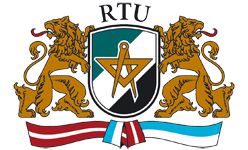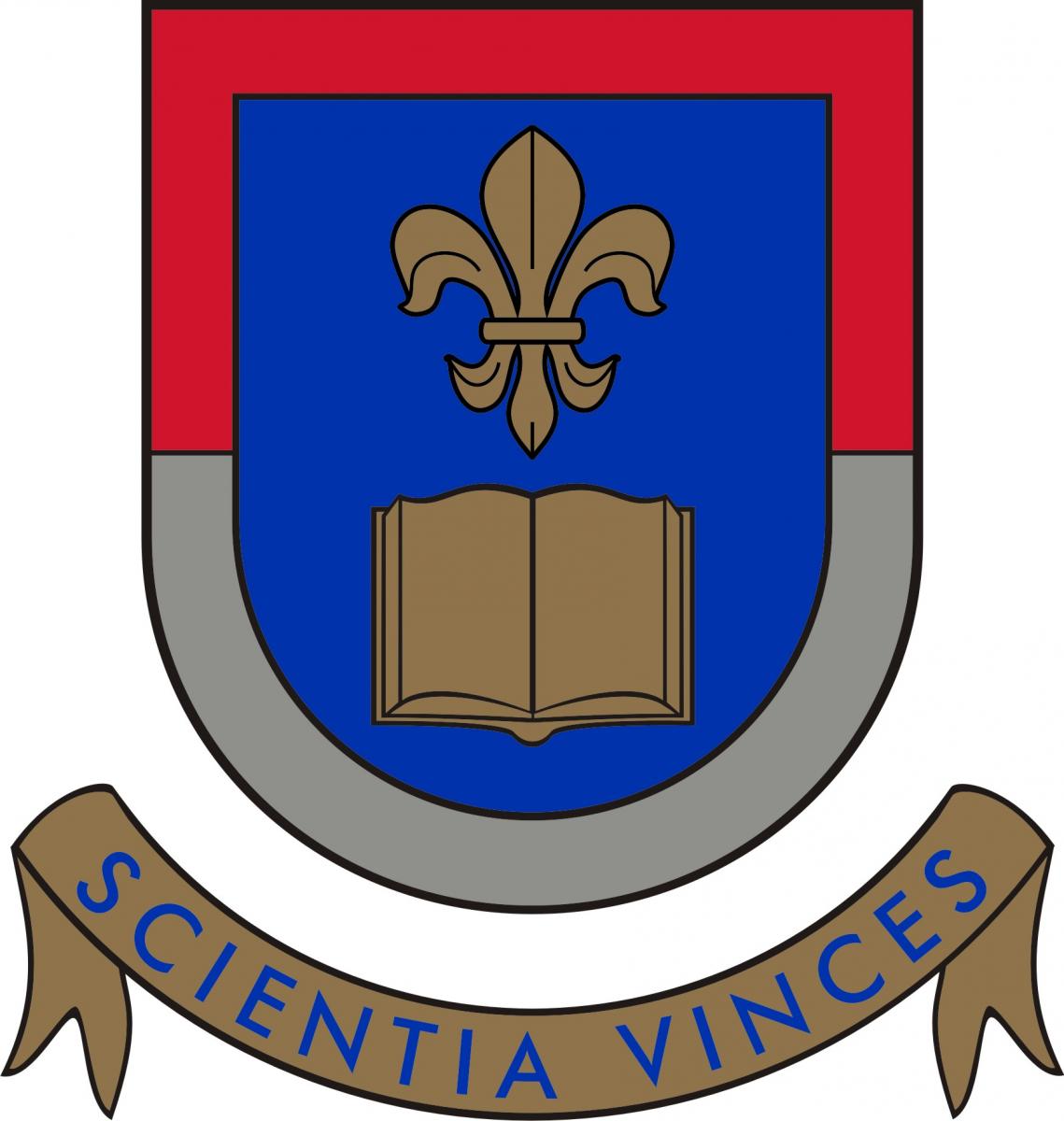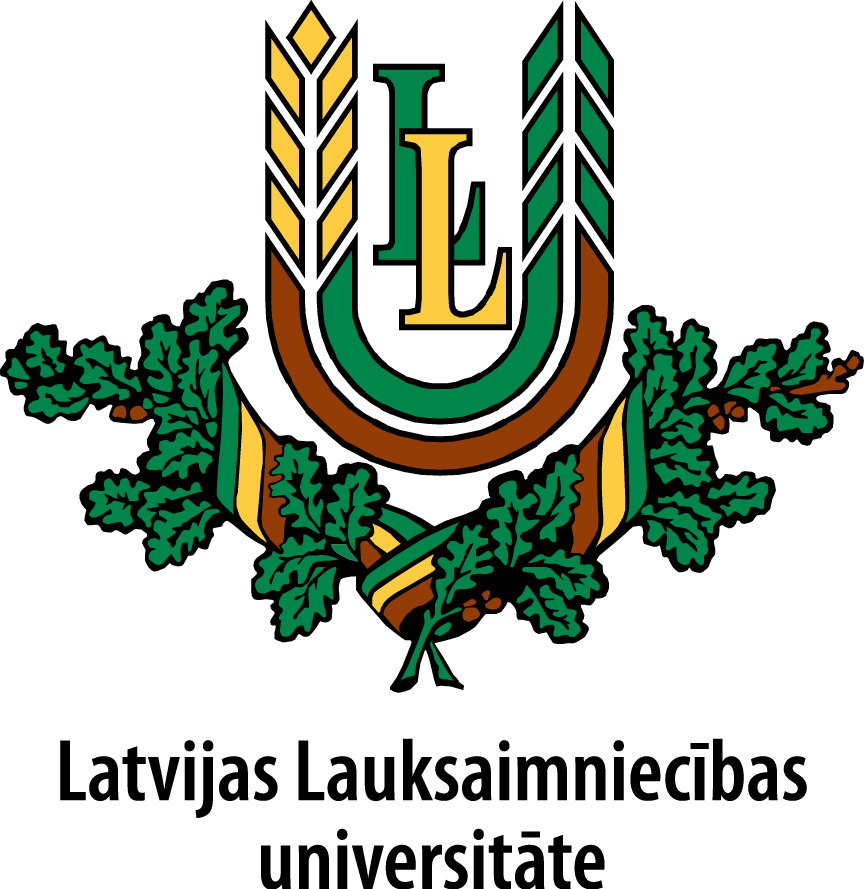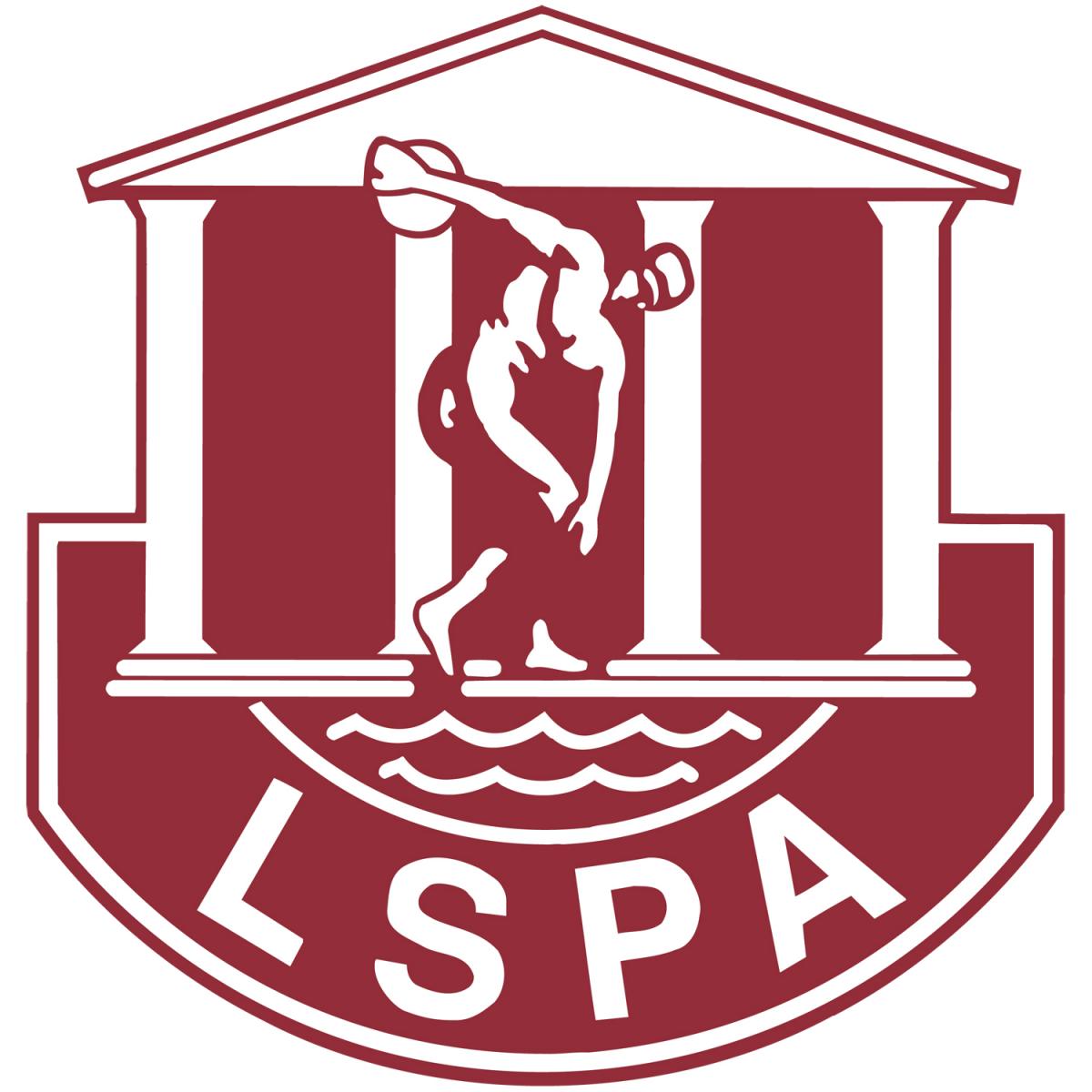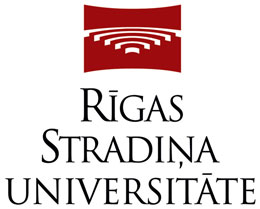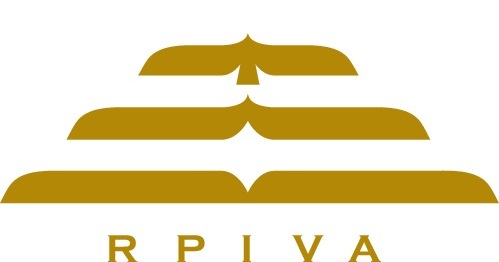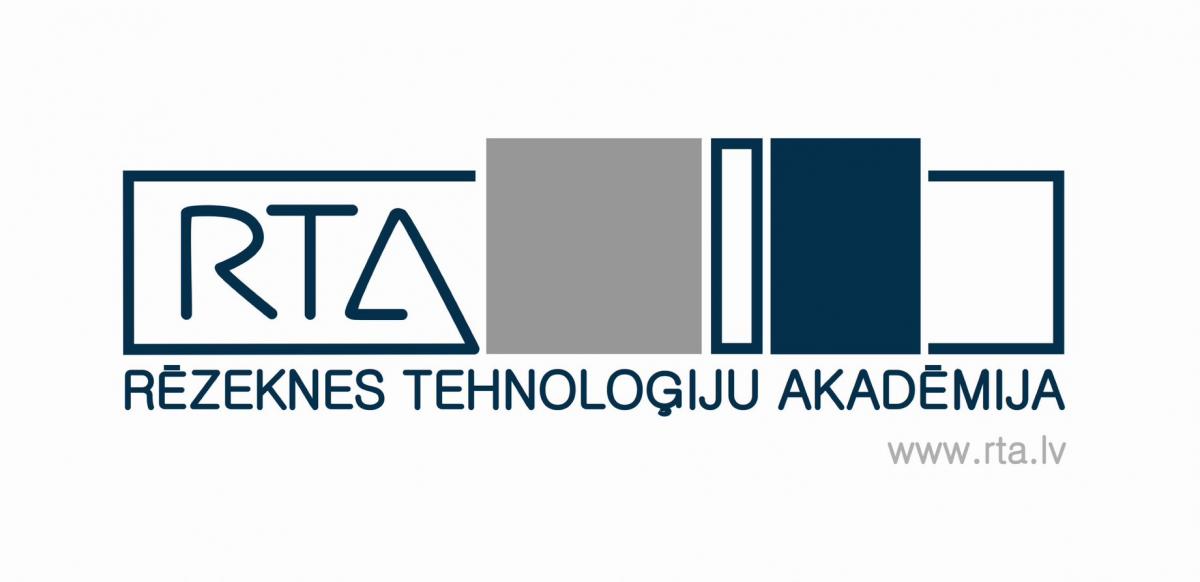

Open to Discussion and Cooperation with Third-Country Nationals-Students Ilze Brinkmane






Since late last year society “Shelter “Safe House”” in association with its partner Latvian Association of Higher Education Institutions for Lifelong Learning have been implementing the project Improving Interinstitutional and Interoccupational Cooperation for Work with Third-Country Nationals. In order to achieve the aim to improve and broaden cooperation between various institutions and professionals for work with Third-Country Nationals* and strengthen their skills and ability to implement integration measures, activities were organized across 7 Latvian municipalities that trained around 120 field experts.
In April and May various activities are organized for university teaching staff and students as well as a post-training seminar to strengthen expert knowledge aimed at facilitating development of social and professional competencies of specialists who work in public administration and various service supply levels in areas of immigration, intercultural communication, and cultural diversity as well as encouraging formation of professional identity and creating a space for analysis and reflection on practice.
LAKMA gathers 10 Latvian universities: Daugavpils University, Latvia University of Agriculture (LLU), Latvian Academy of Sports Education, University of Latvia (LU), Liepaja University, Riga Teacher Training and Educational Management Academy (RTTEMA), Riga Stradins University (RSU), Riga Technical University (RTU), Ventspils University College, and Vidzeme University College and their academic and administrative staff who work with third-country nationals-students on a daily basis and lack knowledge in the area of intercultural communication.
For the purpose of creating a dialogue between the teaching and administrative university staff, third-country nationals-university students, and experts (consultants) a discussion and contact exchange was organized on April 27.
We know how to listen and do
Discussion leader Ausma Pastore engaged participants in the discussion skilfully. She reminded that she and her colleagues had already prepared an information guide Compass for Living in Latvia for Students – Third-Country Nationals (2011) but that she was still interested in students and their needs in order to find the possible problem solutions.
Asked about what they knew how to do best in cooperation with others foreign RTU students tried to list their strengths, for instance, Serhi from the Ukraine said he knew how to explain and analyse situations, Erasmus student Binaj from Nepal believed he was good at learning, Romarick from Cameroon was sure he had critical thinking, while Lucas said he preferred listening. This quality – listening skills – was also mentioned by many Latvians as their strength and many also believed they knew how to find a positive, creative solution.
When group work begins RTU, LU Faculty of Education, Psychology and Art, LLU, RTTEMA, RSU and Society “Shelter “Safe House”” make teams to share experience about daily issues, problems with studies, employment, spare time and engagement in the study process and activities and come up with suggestions who can do or influence what.
The training revealed various difficulties which had not been dealt with yet – there is no feedback especially from older teaching staff, there is a language barrier. Suggestions: lecturers’ English should be tested, they should get a certificate and refresh their knowledge; it was also suggested to hire better professionals, improve the respective language skills to enhance the study process.
Sometimes the study offer fails to satisfy foreign students, there are no study programmes to satisfy the needs of foreigners. They do not communicate with Latvian students, therefore, it was suggested that the student council provides information about friendly local NGOs; universities might arrange a common area for common studies, discussions etc. which would not only help get to know one another better but also learn Latvian faster.
According to the student residence permit and the respective legislation, they are allowed to work 20 working hours per week, therefore, it was recommended to separate residence permits for Erasmus students from full-time students so that they have an opportunity to work more than prescribed by the law. It was also suggested that universities sign cooperation agreements with international companies to enter into employment agreements with foreign students (matter of language) as well as improve opportunities for Latvian language studies to master it faster.
Where to get information
When analysing spare time and engagement issues it was mostly claimed that everyone keeps to themselves. If it is a characteristic of the nation, then it was suggested that the student council members, people in charge at the foreign affairs department should inform about activities outside the university such as marathons, seminars, cultural events more actively. It came to light that circulation of information at universities is poor, there is no single information source for activities after studies. It was recommended to make a page on the university website for questions about, say, suggestions where to go out tonight with answers so someone would work with it.
According to a survey, foreign students complained about the fact that sometimes people do not speak English at the store, medical institution, public transport, on the street. One of the suggestions was to develop the so-called ‘buddy’ system to the extent that it becomes a helping hand and a piece of advice not only to Erasmus students but all foreigners, also third-country nationals-students – ‘buddy for everybody’.
In the course of discussion Alise and Marta from RTU Student Parliament said that sometimes foreign students complained but that mostly they found themselves pleasantly surprised by Latvian kindness, friendliness, understanding, and honesty. Lucas from Brazil agreed – he appreciated the fact that we speak our mind adding that it was not too common in many other countries.
To sum up the open discussion will be food for thought so that everyone would benefit from cooperation in future.
The project is (co)funded by the European Union. Implementation of the project “Improvement of interinstitutional and intersectoral cooperation on working with third-country nationals” is co-funded by the European Fund for the Integration of Third-Country Nationals (75%) and from the state budget (25%). This publication has been prepared with the support of the European Fund for the Integration of Third-Country Nationals. Society “Shelter “Safe House”” is responsible for the content of this publication. (IF/2013/3/4)
